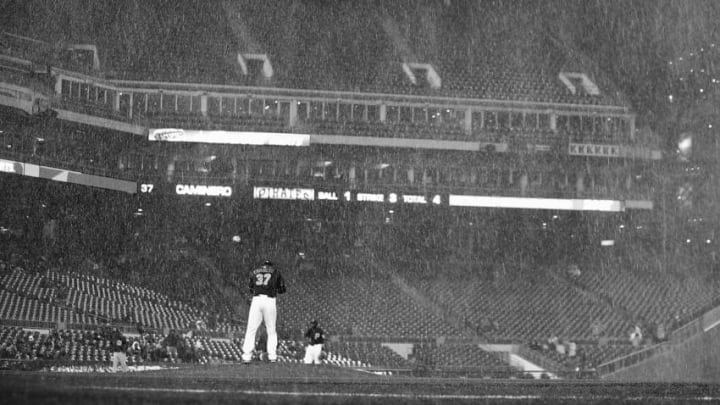Without a MiLB season, Major League Baseball is stealing the chance for the fans to see the future faces of the game.
So what happens when the league designed to produce the stars, loses more and more MiLB teams? What happens when families can no longer go see an affordable game? What happens fans who are, in some cases, thousands of miles from an actual stadium, can no longer feasibly go? What happens to baseball?
It’s really hard to nail down. But one thing is for certain, minor league baseball is the lifeblood of major league baseball, yet major league baseball fails to realize this. They’ve failed to look beyond their billfolds and bank accounts to look into the eyes of the true fans.
Take Skylar Browning for example. A self-described fan of baseball, Browning has written about the short-season, long-summer nights of the Pioneer League in Montana Baseball History. It’s a book that is well worth the read.
"“What’s been incredibly disappointing from MLB during the ongoing negotiations with MiLB is the apparent disregard for baseball’s lower levels”, states Browning through an e-mail interview. Take the Pioneer League for example, it’s geographically distant and “otherwise separated from professional sports”, says Browning. More importantly, the Pioneer League, “provides fans a vital point of entry to the national pastime”."
Take the town of Turner, Montana for example says Browning. The town sits “more than 645 miles from Seattle or Colorado”, says Browning. “But fans in Turner can get to a Voyagers game in a few hours”. Minor league baseball is accessible and affordable. It may not draw 10,000 to a game regularly but it provides an avenue for baseball to reach fans it may never reach. These fans buy merchandise, souvenirs, and grow up to become lifelong supporters of baseball.
"“My kids grew up baseball fans not only because their dad talks about it too much, but also because they have indelible memories from attending games in Missoula, Helena, and Great Falls”, Browning says as he describes what the game means to him."
“The Pioneer League is more than a line on a spreadsheet. Since 1939 it’s been a way to grow the game and cultivate fans – not to mention groom players, coaches, scouts, and executives”, says Browning, “in a part of the country that could easily ignore baseball. I don’t want to lose that”.
My mind goes back to Harrison Faulk and his sister Sarah who grew up on minor league baseball and then it darts over to Jim Sargent, who’s hosted dozens of players in his home over the last few years for the Great Falls Voyagers. I can’t help but think of my own memories with minor league baseball.
One memory for me sticks out the most in all of this. I remember when my dad was stationed in Omaha, Nebraska we attended several Omaha Royals games at Rosenblatt Stadium. The stadium was a monstrosity, it was a relic of large, lumbering sports stadiums with its colored bleacher sections and tall grandstand.
Years after we left Omaha, I went to visit the stadium with my wife. The stadium was gone. All that was left was a memorial park with a couple of chairs and a home plate. Minor league baseball left that site years before for a newer more modern site in Papillion just outside of Omaha. However, that feeling of emptiness where Rosenblatt once sat still haunts me to this day.
That’s the same feeling that will be felt across the country, if MLB has its way with MiLB, never grasping what it’s truly doing to the sport it’s trying to promote. Stadiums will ring empty. People like Harrison and Sarah Faulk will no longer find solace in summer jobs at minor league parks. Folks like Jim Sargent and his wife, who never had kids, won’t be able to open their doors as host families to future stars. Finally, dads like Skylar Browning won’t have “indelible memories” of taking their kids to their first ball game and introducing them to a lifelong passion.
"These are the faces of MiLB that will disappear along with the players, coaches, and stadiums if baseball leaves town for good. These are the faces MLB can save. These are the faces of baseball."
MLB, it’s your at-bat.
